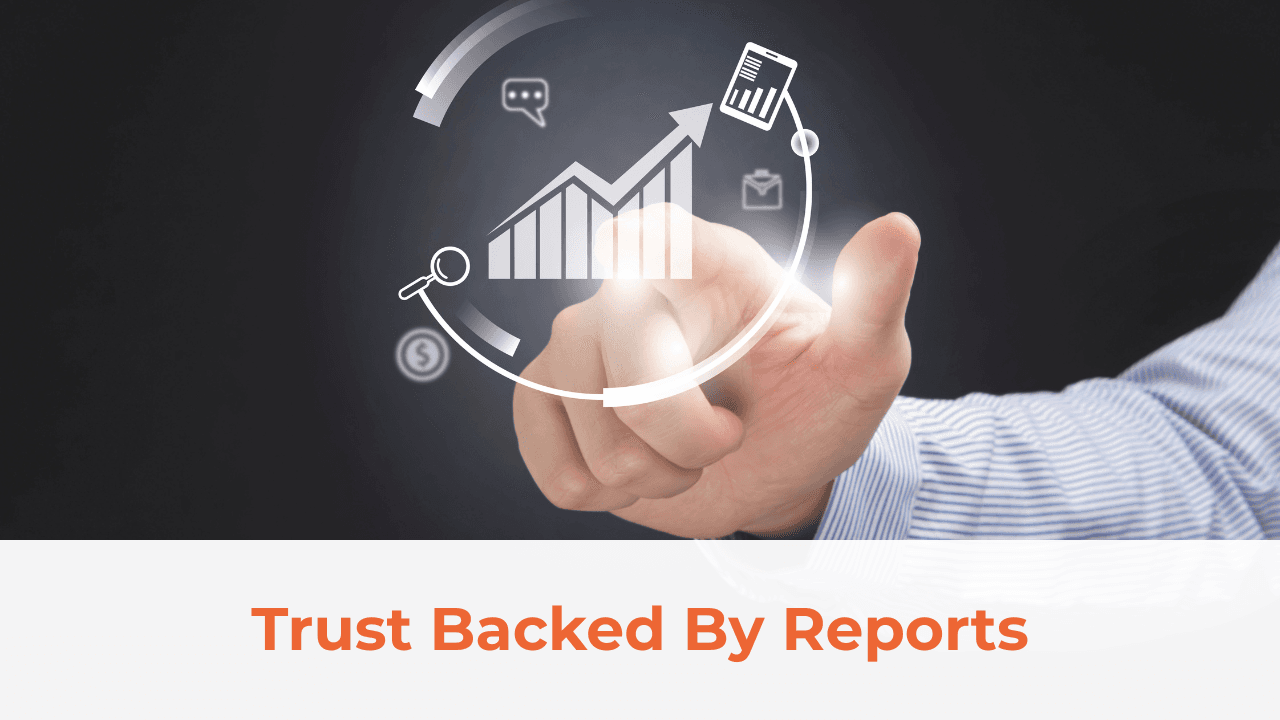Why a QofE Report Outshines Financial Due Diligence
When buying or selling a business, most people think due diligence means digging through financials, checking tax returns, and reviewing legal documents. But a strong Quality of Earnings (QofE) report does far more than confirm the numbers—it tells the story behind the earnings, uncovers hidden risks, and ultimately shapes the deal.
In this article, we’ll explore how a QofE report goes beyond traditional financial due diligence, and why it’s one of the most critical tools in the M&A process for buyers, investors, and even sellers.
What Is a QofE Report?
A QofE report is an independent analysis of a company’s adjusted earnings—usually EBITDA or SDE. It validates the sustainability, accuracy, and repeatability of income, while also surfacing operational or compliance risks that may affect valuation or deal terms.
It is not the same as an audit. While audits check for financial accuracy based on accounting standards, a QofE report digs into how those numbers were generated—and how reliable they are moving forward.
How QofE Differs from Traditional Due Diligence
Traditional financial due diligence focuses on verifying the accuracy of financial statements—what’s there, what’s missing, and whether the numbers add up.
A QofE report, on the other hand:
- Adjusts earnings to reflect the true performance of the business
- Highlights risks, concentration, and working capital issues
- Surfaces red flags in customer churn, supplier dependency, or seasonality
- Identifies non-recurring costs and inflated addbacks
- Evaluates EBITDA sustainability, not just its historical value
It’s not just about what happened—it’s about what can happen after the deal closes.
Why a QofE Report Matters to Buyers
For acquirers, a QofE report protects you from overpaying. It gives you clarity around:
1. Adjusted Earnings
You’ll see what the true EBITDA or SDE looks like once personal expenses, one-time costs, and discretionary spending are removed. This adjusted baseline becomes your foundation for valuation.
2. Revenue Quality
Are revenues repeatable? Are they tied to long-term contracts or just a few clients? A QofE report will show:
- Customer concentration
- Contract terms and renewals
- Seasonality and churn
- Deferred or recognized revenue policies
This is especially important in SaaS, B2B services, or subscription models.
3. Working Capital Trends
A surprising number of deals fail due to working capital misunderstandings. A QofE report outlines how much working capital the business needs to operate post-close—so you don’t run into a cash crunch.
4. Risk Exposure
Whether it’s tax liabilities, outdated software, or pending litigation, the QofE process helps you identify deal-breaking risks before you sign.
Why Sellers Should Consider a QofE Too
Most people assume QofE report is only for buyers. But smart sellers commission their own QofE report before going to market. Why?
- To defend their asking price with data
- To reduce post-LOI surprises and renegotiations
- To speed up the buyer’s diligence timeline
- To appear more prepared and professional
It signals seriousness and reduces the risk of price retrades.
Common Findings That Impact Deals
Buyers often uncover hidden issues in a QofE report such as:
- Overstated EBITDA due to aggressive addbacks
- High customer churn not reflected in top-line numbers
- Deferred revenue not properly accounted
- Payroll misclassification (e.g., 1099 vs W-2)
- Personal expenses run through the business
- Debt disguised as revenue (e.g., factoring)
Without a QofE, these issues may not surface until it’s too late—or until they derail the deal.
Who Prepares a QofE Report?
QofE reports are typically prepared by:
- Transaction-focused CPA firms
- Financial due diligence specialists
- M&A advisors or investment banks
Avoid generalist CPAs or tax preparers. QofE requires deep M&A experience and sector knowledge to properly assess earnings quality.
Key Components of a QofE Report
A typical QofE report includes:
- Executive summary with key findings
- Adjusted EBITDA analysis
- Addback validation
- Revenue bridge and margin trends
- Working capital analysis
- Risk observations and red flags
- Pro forma financials
The goal is to answer the question: “Is this business worth what they say it is—and will it keep performing after we buy it?”
How QofE Reports Influence Deal Structure
Beyond price, a QofE often influences:
- Holdbacks or earn-outs tied to adjusted EBITDA
- Working capital targets or true-ups
- Escrow provisions based on risks found
- Seller warranties or representations
It’s more than just a “yes/no” checkbox. It’s a strategic negotiation tool.
QofE Is Especially Critical for These Buyers
While every buyer benefits, QofE is essential for:
- Private equity firms
- Search funds
- Strategic buyers acquiring small to mid-sized companies
- First-time acquirers or high-leverage deals
If you’re buying a business with limited transparency—or limited operating history—a QofE can protect your downside.
Reference: Harvard Business Review – Why Many M&A Deals Fail
Final Thoughts
A QofE report isn’t just another checkbox in the due diligence process. It’s a high-leverage tool that protects both buyers and sellers, clarifies earnings, and ensures the deal you think you’re getting is the one you’re actually buying.
Whether you’re acquiring your first company or preparing your business for exit, investing in a proper QofE helps you avoid costly surprises, accelerate close, and negotiate smarter.
Ready to start your acquisition or exit process?
Our team at VASL can support you with QofE, financial due diligence, and full-stack M&A services.
Book a free consult → Here
Learn more at: Merger & Acquisitions
